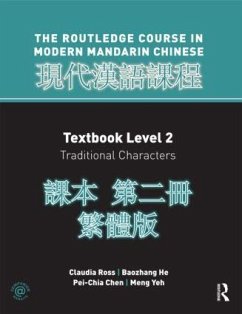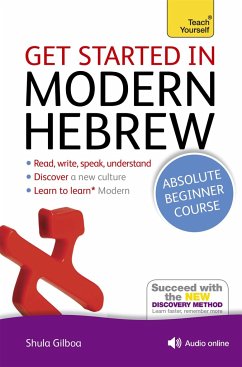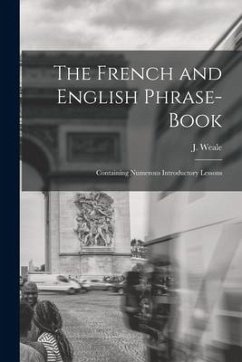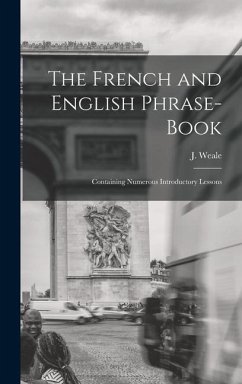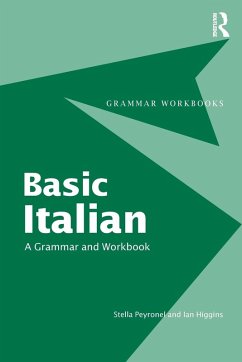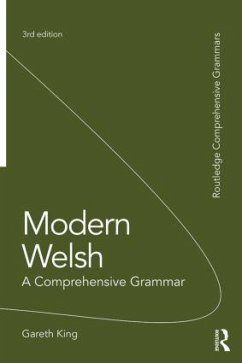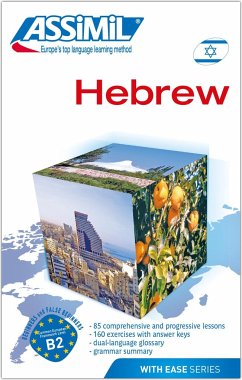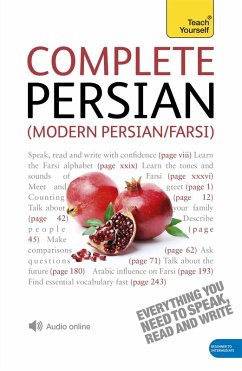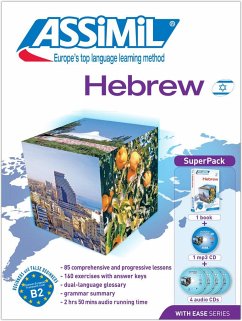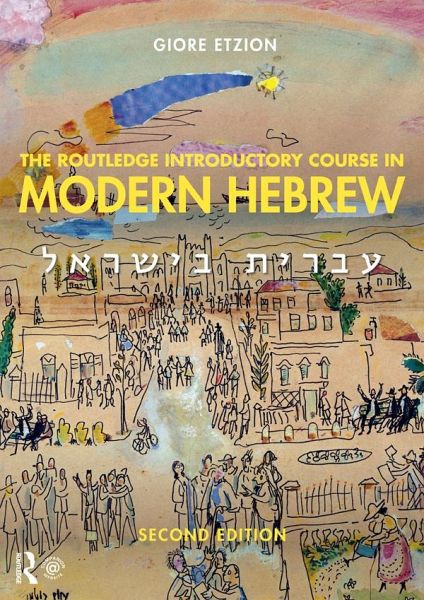
The Routledge Introductory Course in Modern Hebrew
Hebrew in Israel

PAYBACK Punkte
22 °P sammeln!
The Routledge Introductory Course in Modern Hebrew is an integrated language course designed ideally for classroom-based learners. Adopting an eclectic approach, the course contains 90 lessons combining authentic texts, grammar explanations, and exercises with audiovisual materials to guide and support the student through the key skills of reading, writing, speaking and listening.Features include:A wide range of texts, from dialogues and simple narratives to newspaper articles and poetryOver 30 additional passages for extended readingVocabulary lists for each textA variety of exercises for eve...
The Routledge Introductory Course in Modern Hebrew is an integrated language course designed ideally for classroom-based learners. Adopting an eclectic approach, the course contains 90 lessons combining authentic texts, grammar explanations, and exercises with audiovisual materials to guide and support the student through the key skills of reading, writing, speaking and listening.
Features include:
A wide range of texts, from dialogues and simple narratives to newspaper articles and poetryOver 30 additional passages for extended readingVocabulary lists for each textA variety of exercises for every lesson including oral drills, listening comprehension, grammar
exercises and writing practiceGlossaries for each unit and a comprehensive dictionaryThorough explanation of all the grammatical issues that arise at the introductory levelA solid grammatical foundation presented in an accessible, user-friendly mannerCultural notes to introduce students to Israeli society
All the texts, wordlists, and verb conjugations are freely available in an audiovisual format on the companion website:
http://routledgehebrew.com/
An integral part of the course, the website also contains a wealth of additional resources including:
Answers to all of the exercises in the bookInteractive exercisesAudiovisual verb dictionaryAudiovisual charts of prepositions and nouns with their pronoun suffixesAudiovisual reference charts of numbers, colors, the days of the week, etc.Checklists and review lessons for each unitLinks to Israeli websitesVideos and music
The Routledge Introductory Course in Modern Hebrew provides everything that students and instructors need for an engaging and effective learning environment.
Features include:
A wide range of texts, from dialogues and simple narratives to newspaper articles and poetryOver 30 additional passages for extended readingVocabulary lists for each textA variety of exercises for every lesson including oral drills, listening comprehension, grammar
exercises and writing practiceGlossaries for each unit and a comprehensive dictionaryThorough explanation of all the grammatical issues that arise at the introductory levelA solid grammatical foundation presented in an accessible, user-friendly mannerCultural notes to introduce students to Israeli society
All the texts, wordlists, and verb conjugations are freely available in an audiovisual format on the companion website:
http://routledgehebrew.com/
An integral part of the course, the website also contains a wealth of additional resources including:
Answers to all of the exercises in the bookInteractive exercisesAudiovisual verb dictionaryAudiovisual charts of prepositions and nouns with their pronoun suffixesAudiovisual reference charts of numbers, colors, the days of the week, etc.Checklists and review lessons for each unitLinks to Israeli websitesVideos and music
The Routledge Introductory Course in Modern Hebrew provides everything that students and instructors need for an engaging and effective learning environment.






